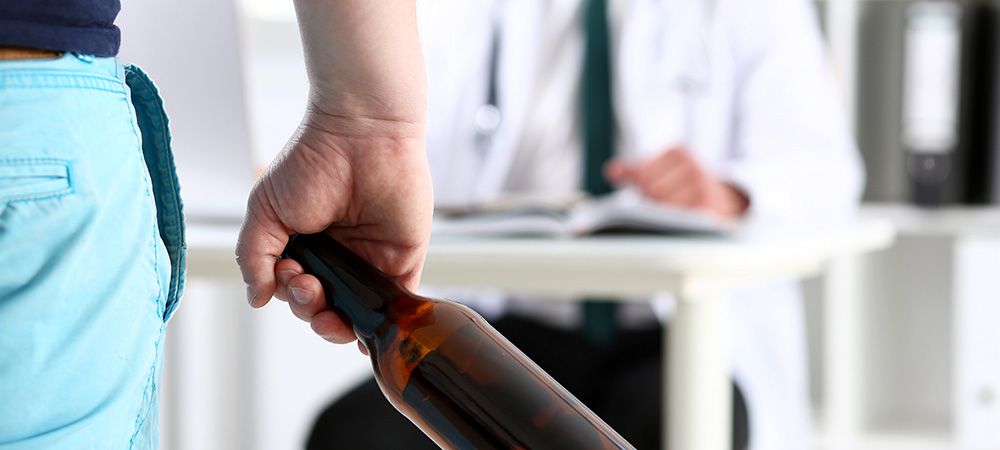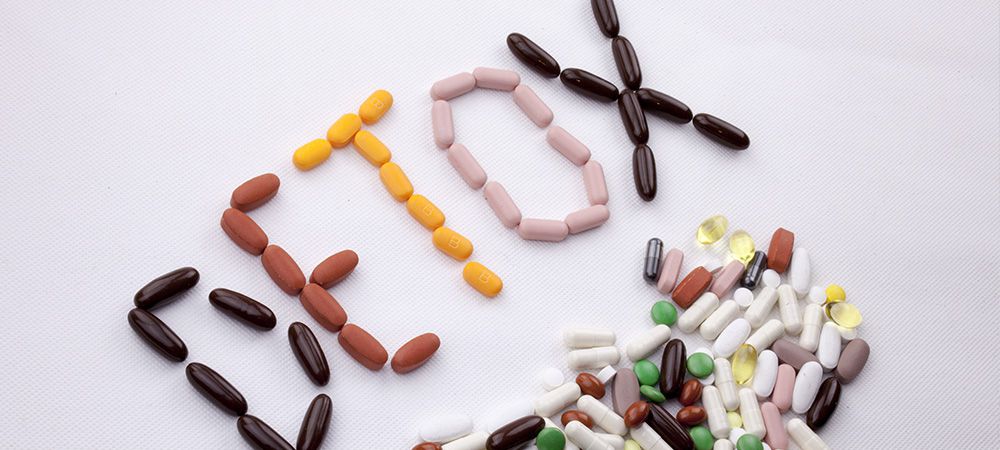A common and dangerous misconception about addiction is that people who suffer from it can get better if they simply stop using drugs or alcohol. In an ideal world that would be true, but the reality is not that simple. Addiction arises because the body gets so used to functioning with a particular substance running through it that it “forgets” how to work without that substance.
What this means is that the body can go into a form of shock when it is suddenly deprived of the substance it has become so accustomed to. What results is a series of withdrawal events that can be uncomfortable at best, and dangerous – even fatal – at worst.
Many people try several times to quit using drugs or alcohol on their own. They may have the strongest resolve in the world to stick to their goal, but after hours or days, the withdrawal symptoms become too overwhelming for them to cope with, and they seek out their substance of choice just to get away from the discomfort or pain they are experiencing.
With proper support and a solid withdrawal management plan, you can safely stop using drugs or alcohol and reduce your risk of relapse.
In order to talk about withdrawal management and the role of medical detox, we should first address how addiction arises in the first place.
How Does Addiction Develop?
All of us are motivated by reward, and a lot of times the reward is nothing more than a feeling of happiness or well being. These feelings arise as a result of the brain releasing “feel-good” chemicals like dopamine. Because we like experiencing happiness, confidence, serenity, and other positive emotions, we are driven to repeat the behaviours that produce them. In other words, we act in ways that trigger a boost of dopamine.
When the dopamine is boosted in healthy ways such as exercise, accomplishing a goal, or spending time with loved ones, it gradually returns to its baseline level.
The reason people use drugs and alcohol is that these substances activate the brain’s reward system by artificially prompting a release of dopamine. With many substances, when the dopamine level comes back down, it is not gradual. It drops suddenly, often to a level below the original baseline.
The addicted person wants to feel good again, so they use the substance again. But this time, they have to use more in order to achieve the same effects. And so over time, the dosage increases, and the time between uses decreases.
While all of this is going on, the body is adjusting to the presence of the substance. This impacts your breathing, your heart rate, how the liver functions, what happens in the digestive system, and a host of other things.
What Happens During Withdrawal?
Now that your body’s functions and systems have been compensating for the presence of drugs or alcohol, what happens when that presence is abruptly taken away? Bear in mind that it took a while for your body to make these adjustments as your substance use increased; when the substance is withdrawn, it won’t suddenly start to act “normally”. Your organs, brain, and central nervous system will continue to behave as if drugs or alcohol are flowing through your body, and this can have dangerous effects.
For example, alcohol is a depressant that slows down your heart rate. Habitual use will make your heart work harder – in other words, beat faster – to compensate. When you suddenly take away the alcohol, your heart continues to beat faster – but now there is nothing to artificially slow it down. It can be the human body’s equivalent of a car accelerating for a period of time and then suddenly losing its braking capacity.
Common Withdrawal Symptoms
The withdrawal symptoms that you may experience depend on a number of factors, including your age and state of health, the substances you were using, how long you have been addicted for, and what your average dosages were.
Some common withdrawal symptoms include the following:
- Anxiety and/or depression
- Agitation and irritability that may translate into aggressive or violent behaviour
- Nausea, vomiting, diarrhea, and abdominal pain
- Muscle aches and pains
- Disrupted eating and/or sleeping patterns
- Hot and cold flushes and/or excessive sweating
- Impaired memory, concentration, and cognitive function
- Elevated heart rate, blood pressure, and respiration
- Shaking or tremors, especially in the hands
- Restlessness
- Watery discharge from the nose and eyes
Some substances, such as alcohol and opioids, can produce severe advanced withdrawal symptoms, including delirium tremens, seizures, extreme variations in body temperature and blood pressure, and hallucinations.
What Is Medical Detox?

In order to get through withdrawal, it is important to have a withdrawal management plan. This plan will vary depending on your own circumstances and what substance you are withdrawing from. Before you stop using a substance, you should consult with your doctor, who will advise you on how to do so safely.
If you are at high risk of developing severe withdrawal complications, this plan may include a period of medical detox. This can take two forms:
- Inpatient detox: you spend a few days in a detox facility, where medical professionals will monitor you throughout your withdrawal and treat symptoms as they arise
- Outpatient detox: you continue to live at home, but you go to outpatient appointments at a hospital or clinic, and receive visits from a nurse
Any medical detox plan should be customized for the individual. Even when two people are withdrawing from the same substance, their withdrawal management plan may be different. The levels of intervention will vary from one person to next, ranging from simple wellness checks to the use of medication to manage symptoms or cravings.
Is Unsupervised Detox Ever Safe?
No one should attempt detox from any substance without at least talking to their doctor beforehand. In some cases, your doctor may advise that it is safe for you to go through your detox at home, or in another safe environment. This is more likely if the substance is known to not have dangerous withdrawal symptoms, if you have a strong support network of family and friends, and if you do not have a prior history of substance abuse and withdrawal.
If you go through detox at home, you should avoid being alone. Have someone with you who can get medical attention to you should the need arise.
Getting Help For Drug And Alcohol Detox And Rehab
At Thousand Islands Rehab Centre, we provide medical detox in a safe, compassionate environment. Our team of medical professionals will ensure that you are safe and comfortable throughout your withdrawal process. Once detox is complete, you will be able to enter a rehab program on a fully customized plan, to begin your road to recovery. Contact us today for more information.
